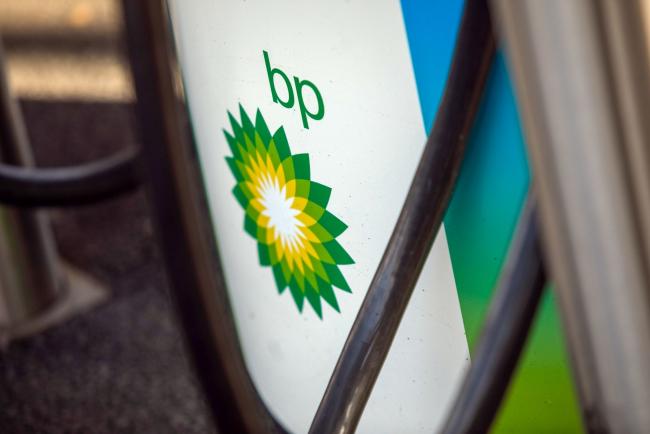(Bloomberg) --
BP (NYSE:BP) Plc followed its Big Oil peers by increasing dividends and share buybacks as higher crude prices boosted profit.
The oil majors -- with the notable exception of Exxon Mobil Corp (NYSE:XOM). -- are raising returns as they express confidence that the worst of the slump caused by the coronavirus pandemic is over. Their goal is to woo investors who are becoming increasingly wary about the future of the fossil fuels in a changing climate.
BP posted “another quarter of strong performance while investing for the future in a disciplined way,” Chief Executive Officer Bernard Looney said in a statement on Tuesday. “We are increasing our resilient dividend by 4% per ordinary share, and in addition we are commencing a buyback of $1.4 billion from first half surplus cash flow.”
Both are significant pledges that go further than the distributions policy outlined earlier this year. The turnaround reflects the impact of higher energy prices, but also demands from shareholders, who weren’t happy in early 2021 with BP’s plans.
If oil averages about $60 a barrel, BP expects to be able to continue increasing its dividend by about 4% annually and repurchase $1 billion of shares each quarter until 2025, Looney said.
“This shows we continue to perform while transforming BP -- generating value for our shareholders today while we transition the company for the future,” Looney said.
The London-based company’s second-quarter adjusted net income was $2.8 billion, compared with a loss of $6.68 billion a year earlier, according to the statement. That was above the average estimate of $2.13 billion in a Bloomberg poll of 19 analysts.
Higher shareholder returns show the oil majors’ confidence that higher oil and gas prices are here to stay. BP increased its Brent crude price assumptions to 2030 to reflect expected supply constraints, resulting in the reversal of a previous pre-tax net impairment of $3 billion.
Having achieved its net debt target of $35 billion in the first quarter, BP’s net liabilities dropped further in the period to $32.71 billion, thanks to the sale of assets. The firm has a goal of reaching $25 billion of divestments by 2025 to fund the expansion of its low-carbon business.
(Updates with dividend, buyback plans for coming years in fifth paragraph.)
©2021 Bloomberg L.P.
